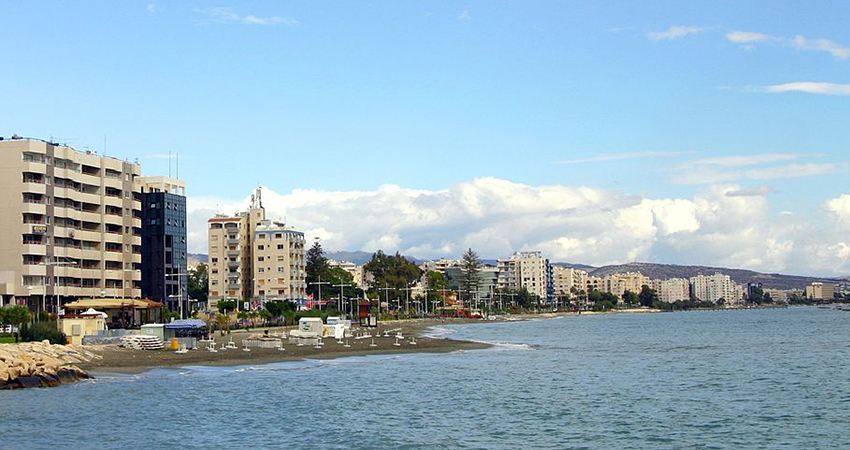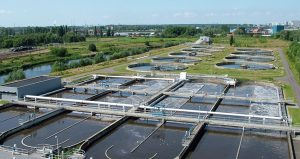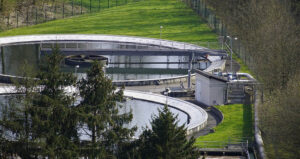Cyprus risks fine for failure to comply with EU wastewater rules

-
 Fergal MacErlean
Fergal MacErlean
Share article:
The European Commission has formally requested that Cyprus implements a 2020 ruling of the EU’s Court of Justice concerning the insufficient implementation of the Urban Waste Water Treatment Directive (UWWTD). The letter of formal notice notes the Mediterranean country’s ‘failure to swiftly and effectively implement the ruling’.
To protect the environment and human health, the UWWTD requires towns and cities to collect and properly treat urban waste water before being discharged into the environment. In its judgment, the Court ruled that in 31 agglomerations, Cyprus failed to ensure that all urban water was collected or that urban wastewater entering collecting systems was subject to appropriate treatment before being discharged.
Slow progress
To comply with the ruling, Cyprus has committed to build collection networks or new treatment plants for all urban settlements. Progress has been achieved for two areas, where urban wastewater is now collected and treated. However, the remaining 29 agglomerations still do not conform to EU rules, a 19 April Commission statement said. The statement adds that construction works have only started for 13 agglomerations (compliance is expected for end 2023) while for the other 16 agglomerations, compliance is not expected to be reached by 2029.
Lack of monitoring
The Commission also highlighted that Cyprus has failed to carry out proper monitoring of its Waste Water Treatment Plants (WWTP’s), so that it cannot accurately assess the environmental impact of their discharge. In addition, the European Commission found that Cyprus has not ensured that the necessary permits are in place for all wastewater treatment plants, a requirement under EU law.
Cyprus defense
Angeliki Larcou Yiannakou, a sanitary engineer with the Water Development Department, told Water News Europe that information regarding the allegations could not be provided “as the official answer to the European Commission has not been submitted yet by the Government.” In its defense, Cyprus stated to the Court of Justice that in the agglomerations of Dali, Leivadia, Kakopetria and Pera Chorio-Nisou, the obligations linked to secondary or equivalent treatment were partially respected, to an extent between 21% and 55%.
No water collection
The 5 March 2020 court judgement notes that “it appears from the defense of the Republic of Cyprus that, in the agglomerations of Adippou, Ypsonas, Voroklini, Deryneia, Sotira, Xylophagou, Pervolia, Kolossi, Poli Chrysochous, Dromolaxia, Liopetri, Avgorou, Paliometocho, Kiti, Frenaros, Ormideia, Kokkinotrimithia, Trachoni, Episkopi, Xylotympou, Pano Polemida, Pyla, Lympia, Parekklisia, Achna, Meneou and Pyrgos, the obligations relating to secondary treatment were not respected due to the absence of collection systems which could ensure the transport of urban waste water for secondary or equivalent treatment or the lack of implementation of the collection of urban waste water.”
Deadline
Cyprus has until 19 June to remedy the situation. Failure to take the necessary measures could result in a referral by the Commission to the Court of Justice of the European Union with a proposal to impose financial sanctions on Cyprus.
Wastewater facts
According to WISE-Freshwater, a partnership between the European Commission Directorate-General for Environment and the European Environment Agency, urban waste water in Cyprus is treated in 17 plants before it is discharged.


















